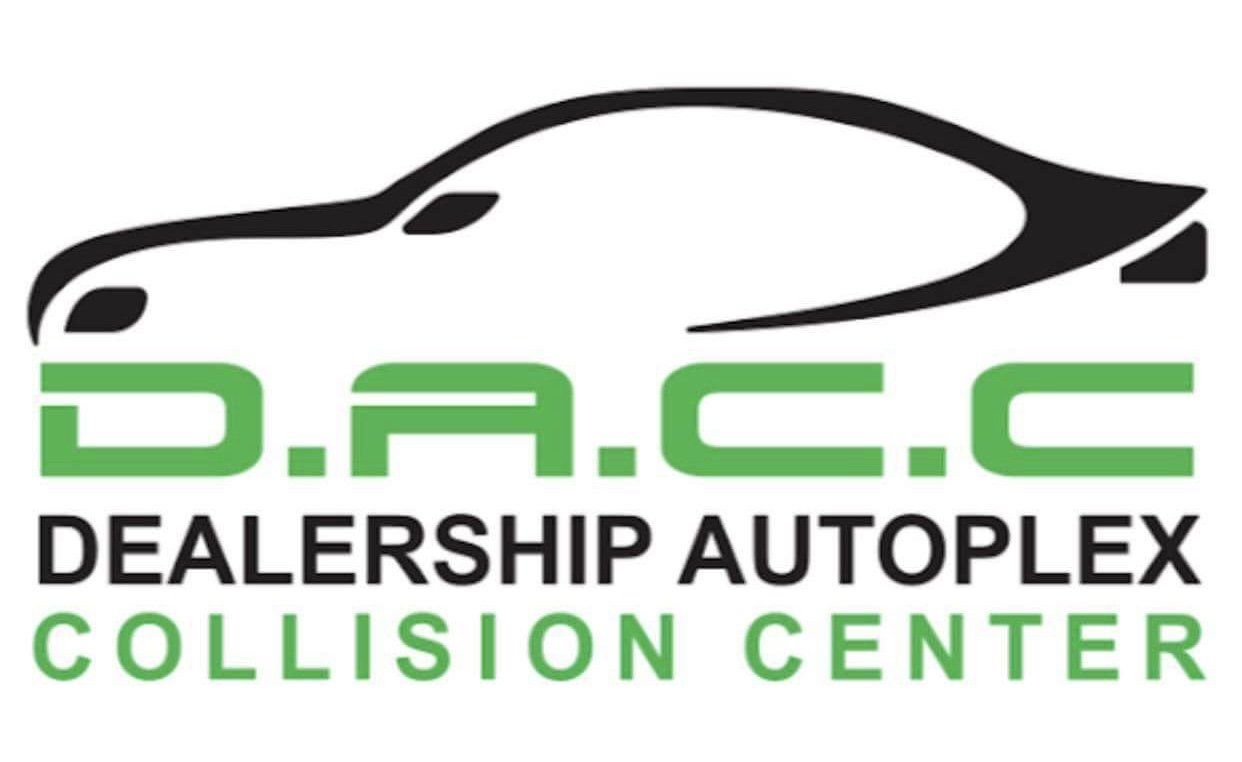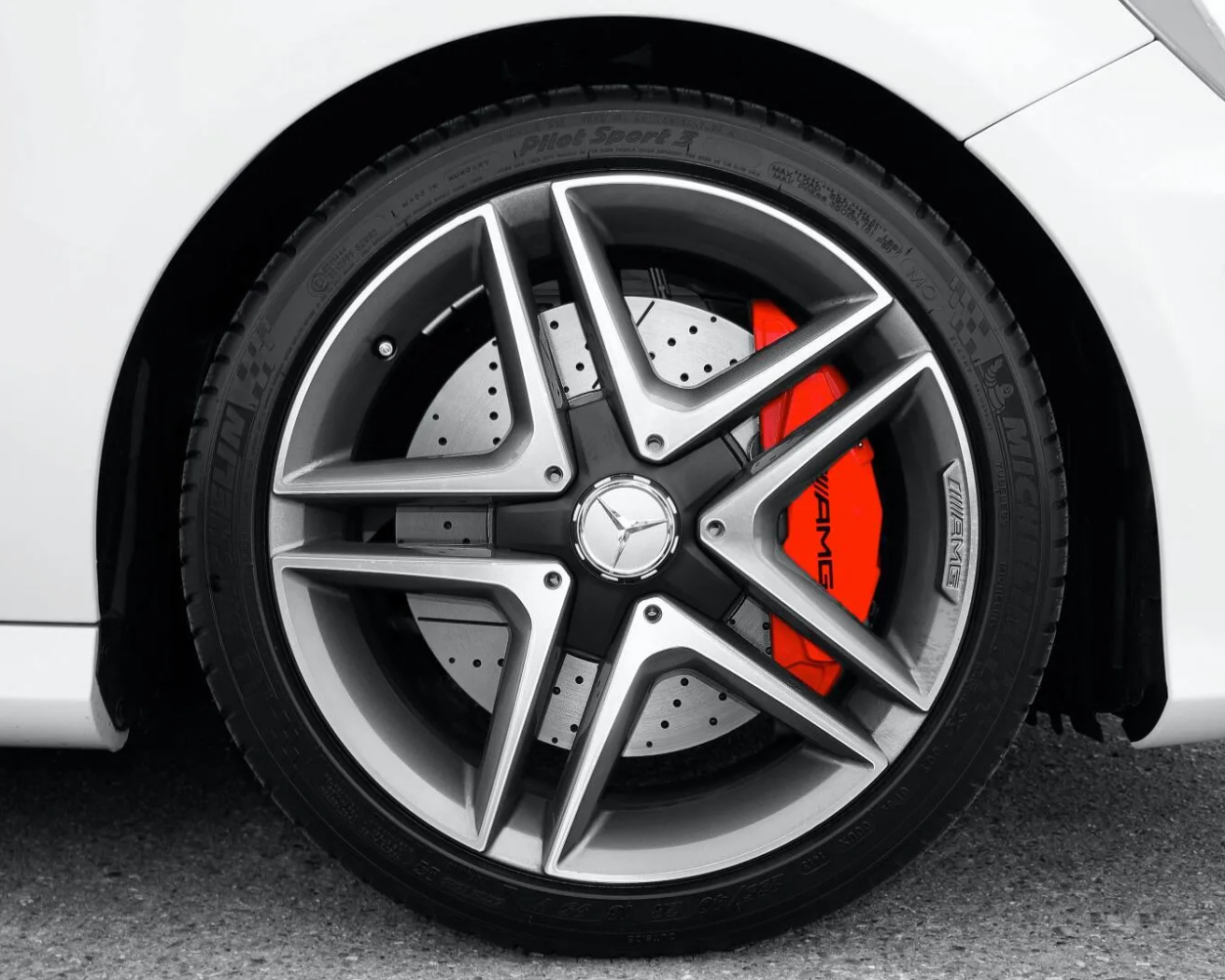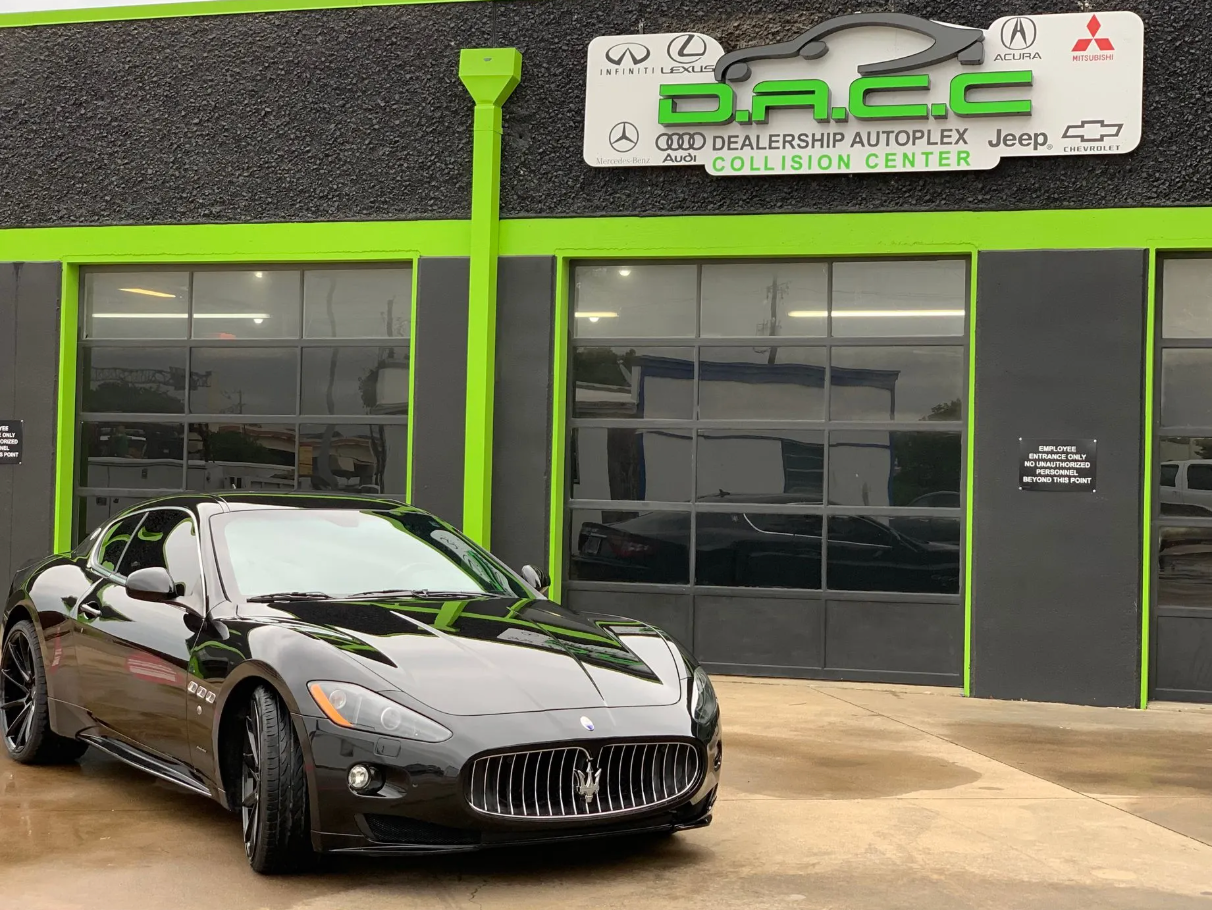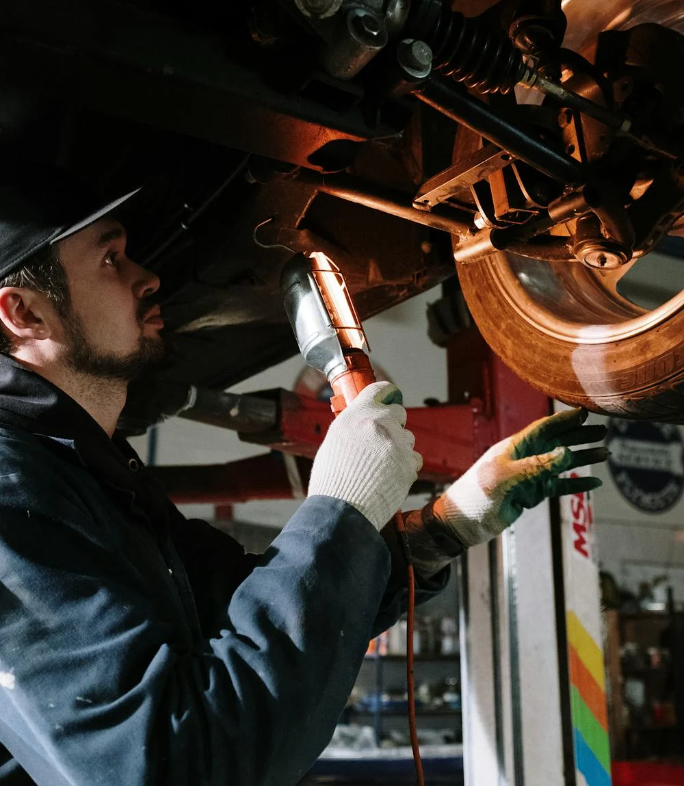I-CAR Technicians | I-CAR Certification
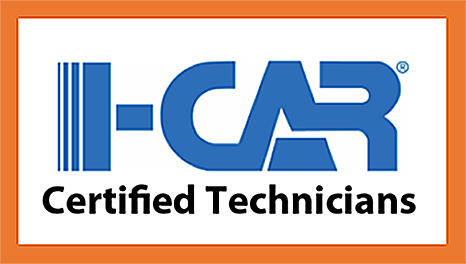
No, this is not the newest announcement to come from Apple. I-CAR certification is the guarantee that your technicians have had the proper training.
If you’ve already read the introduction to I-CAR in our other article, you’ll have a good idea as to how important it is to you. If not, have a read of “How an I-CAR Certified Technician Means Key Care for Your Car”; it’ll guide you into the basics!
I-CAR has become an industry standard producer of trusted technicians that work all across the Lone Star State and beyond. In their specialized areas, each technician has the skills and training required to ensure your car is not only fit for the road but is in line with regulation and meets quality to keep the motor humming down the highway.
In total, there are 8 “Learning Paths” that can increase the value of I-CAR technicians. These range from structural repair and hands-on skills development to non-structural operations and management roles.
1. An Estimator
When your car comes into a shop after a collision, it must be carefully analyzed before an estimate can be provided to negotiate costs with you, the repairers in the shop and the insurance personnel.
Throughout the curriculum, an I-CAR technician will train to assess structural damage in Level 1, write estimates in Level 2 and manage quality control in Level 3 among many other skill sets.
2. A Non-Structural Technician
In this role, a technician must pass all three skill levels before achieving Platinum™ recognition. During training, non-structural technicians gather the correct tools and knowledge to restore damaged panels to the exterior of your vehicle.
The technician must be well-acquainted with a variety of autobody materials including steel, aluminum, carbon fiber, plastic, glass, etc. They’ll use hand tools and power tools in their process to restore panels to their original integrity and appearance.
3. A Structural Technician
A structural I-CAR technician is a required individual in autobody shops to achieve recognition and trust. These technicians will take your collision-damaged vehicle and asses its internal structures.
In the course, the technician learns how to diagnose, weld, replace, measure, install, bond, braze and much more. These skill sets allow for the vehicle to be taken back to manufacturer specifications so it can pass Texan regulation and be safe for road usage.
4. A Refinish Technician
This certification is required for technicians looking to classify skills in body paint restoration. Whether from hail or collision damage, the technician must work with hazardous tools and materials to sand, mask, color match, mix, tint, spray and seal.
To learn more about the processes a technician will apply with this I-CAR certification, read our other articles “Your State-of-The-Art Auto Body, Frame and Paint Facility” and “The 9 Steps of Computerized Paint Matching to Original Factory Specifications”.
5. A Production Manager
This role is integral to the smooth operations between you, the technicians and mechanics working on your vehicle, the manufacturers and your insurers. When trained correctly through I-CAR certification, they can help prevent shop deficiencies.
During training, they must pass 2 levels. In these levels, they’ll learn everything from pre-repair processes, through to effective blueprinting with everything in between. For example, disposing of hazardous waste and vehicle protection.
6. An Electrical and Diagnostics Technician
This technician follows original equipment manufacturer (OEM) information to calibrate the repairs process. When qualified, they’ll perform pre-repair scans on your car to gain relevant part codes as well as post-repair scans to verify processing.
The role focuses on every aspect of your car repair such as safety and convenience parts, cameras, sensors and panels. Plus, training as an electrical and diagnostics technician leads to the learning path of more specialized ADAS repairs.
7. A Mechanical Technician
The mechanical technician must complete all three levels of raining to become I-CAR certified in this role. They will be responsible for the diagnosis and repair of any mechanical damage your vehicle sees after collision.
During training they will train to specialize in the repairing of steering, air conditioning, suspension, brake, electrical system, engine and restraint components among others. In addition, they will refine their knowledge regarding safety.
8. An Auto Physical Damage Appraiser
Auto physical damage appraisers have the role of inspection, evaluation and analysis of your damaged vehicle. They will often travel to the collision site with a tow truck to collect and assess. They’ll then create a report for the technicians and insurers.
It’s the role of the damage appraiser to use computers and work with estimators to document all aspects on the claims process. Therefore, certified I-CAR technicians will be an immediate gauge of trust for both you and the claims investigation team.
Here at the Dealership Autoplex Collision Center, we take the value of I-CAR technicians very seriously. This is because it is our job and duty to ensure your motor is fit and well for you to drive away in, and we want each customer to know their vehicle is in the safe hands of certified mechanics and technicians.
That’s why our shop is filled with I-CAR certification among our technicians. In addition, as a collision center, we are ASE (Automotive Service Excellence) certified so you know every member of our team is here to provide professional automotive care to you and your car.
To contact the team and learn more about the value of I-CAR technicians in-house, visit our website, email us or call on (972) 242-0092. Alternatively, you can stop by the shop and talk with us here in Carrollton, TX.
